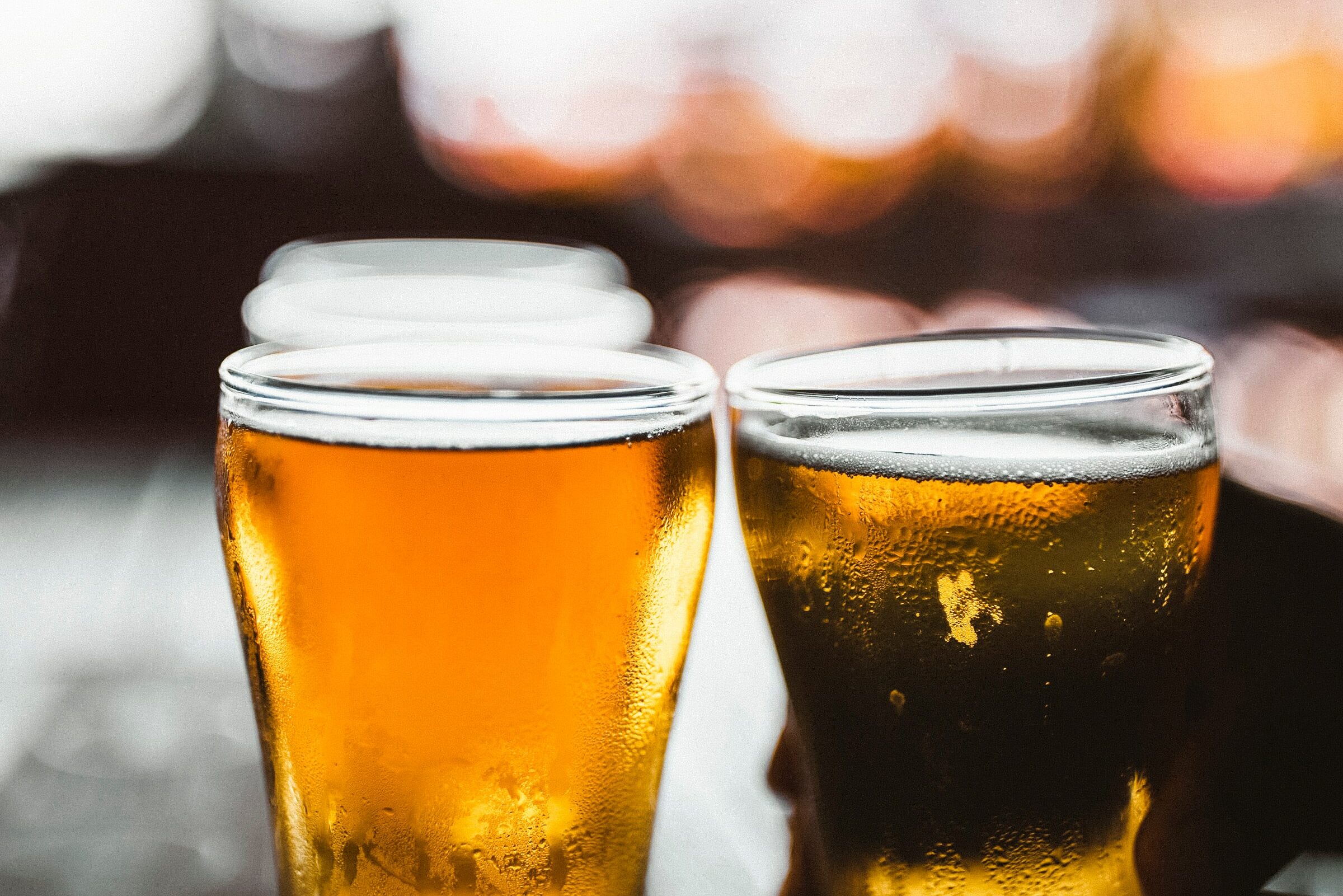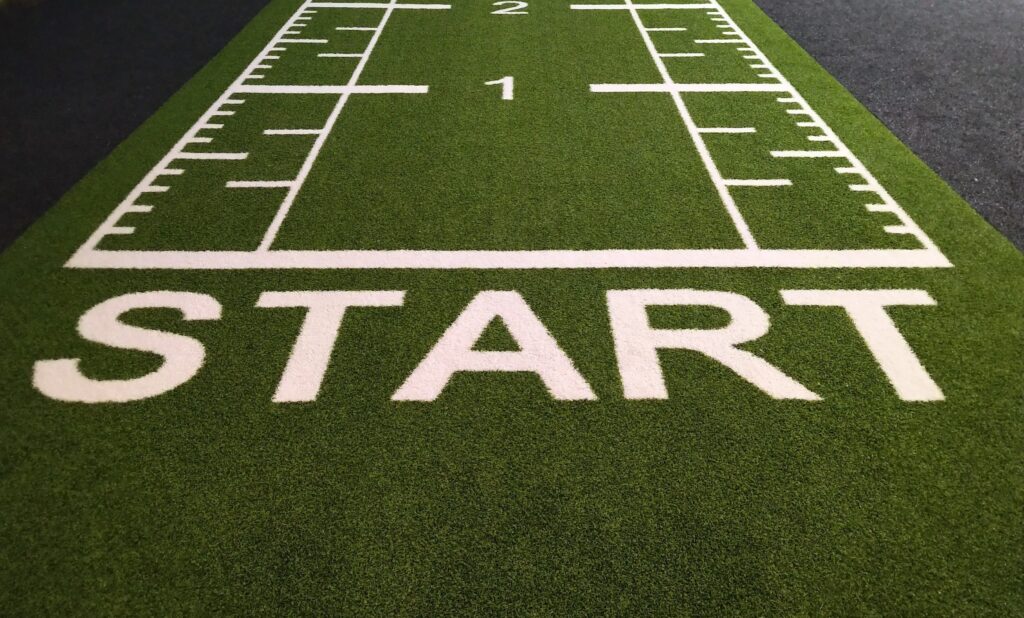
Drinking a proper amount and healthy drinking habits can make our life happier. However, if alcohol has a bad or unhealthy impact on our life psychologically or physically, it is not a positive sign. Further, heavy drinking has a link to depression. And hangovers can leave you feeling worried and depressed. Therefore, if anyone wants to cut down or stop drinking, these are the five tips that might help you.
5 Tips to cut down on drinking

Make a list of the reasons for trying to cut down or stop.
It is easier to keep motivated if you have a clear objective in mind. You may wish to enhance your health, sleep better, or communicate more effectively with your family or friends. Also, saving money or time to do other things in life can be great goals.
Set a limit on how much you can drink.
It is better for you to set a limit on the amount of alcohol you will consume. According to alcohol guidelines from the National Health and Medical Research Council (NHMRC) of Australia, drink no more than ten standard drinks per week if you’re a healthy man or woman. And, no more than four standard drinks are permitted to drink for a single day. For instance, one standard drink is 100ml of wine or 285ml of beer. These limits exist to lessen the dangers of alcohol-related sickness or damages in the future. You can find detailed information about the guidelines here. Once you’ve decided on a goal, write that down and post it somewhere visible, like on your refrigerator or bathroom mirror.
Keep track of your drinking habits.
It is vital to keep track of how many drinks you’ve had. Every time you have a drink, make a note of it. Keep a note for three or four weeks at the very least. It will reveal how much and when you drink. After that, it will also help you find your triggers. Finding places and times you drink most will help avoid certain situations.
Every week, set aside a few days to be alcohol-free.
Having a few alcohol-free days every week can help you stay healthy and break any unhealthy habits you may have developed. For example, people who go for a drink every day after work. Make a change to your “after-work routine.” Make use of this time to practice other good habits, such as eating healthily, going for a walk, starting a new hobby, or engaging in any other type of physical exercise.
Switch to alcohol-free or low-alcohol alternatives.
If you wish to cut down on drinking, low and no alcohol items are suitable options. There are non-alcoholic beer, wine, and spirit alternatives, and they have a similar or same flavour; however, they contain less alcohol. Whoever tried to cut down on their alcohol use, substituting pleasant non-alcoholic beverages is an excellent option. So, keep appealing non-alcoholic choices readily hand at home as well. Having a supply of perfect teas, sparkling water, and other non-alcoholic beverages on hand will also be helpful.
Conclusion

There are clear advantages we can get of cutting down the drinking. Immediately, it will help us to manage our weight easily. In addition, a person who cuts down on drinking will feel better in the mornings and become less tired during the day.
The most important thing is not to give up what you are doing and the goals you made. Experts suggest that you should not be too harsh on yourself if you have too many drinks one or two times. Allow yourself to forgive yourself and begin the next day again. It isn’t easy what you are doing, and rewarding yourself from time to time will also be helpful.
Another Phrens Blog Post Related to This Topic- Your Brain Changes When You Talk about Your Difficult Emotions
References
Photo by Thais Do Rio, Debby Hudson, Clemens van Lay on Unsplash
- Broadbent, J & Hayden, M. (2015). HBS110 Health Behaviour. (2nd ed.). Pearson Australia.
- alcoholthinkagain. (2021). Tips to Reduce Drinking. More information here.
- Australian Government Department of Health. (2019). How can you reduce or quit alcohol? More information here.
- NHS. (2021). Tips on cutting down. More information here.
- Australian Government National Health and Medical Research Council. (2021). Australian guidelines to reduce health risks from drinking alcohol. More information here.